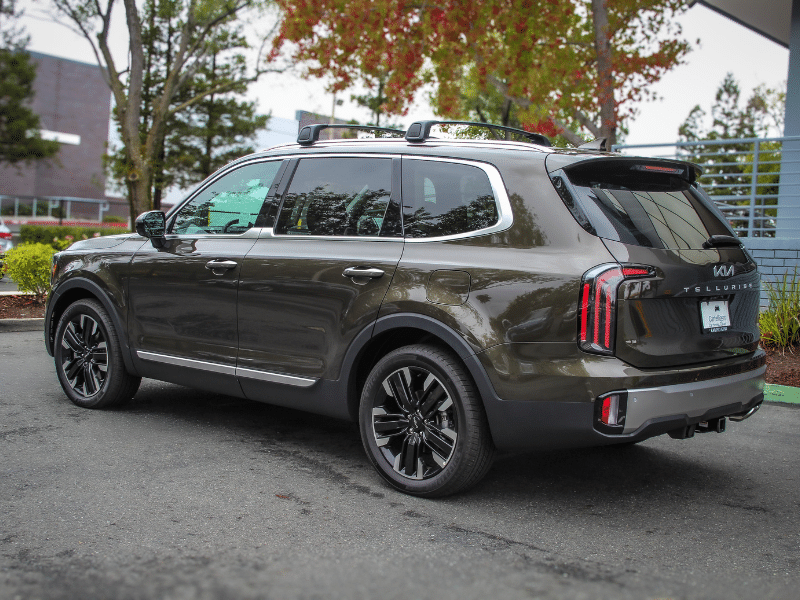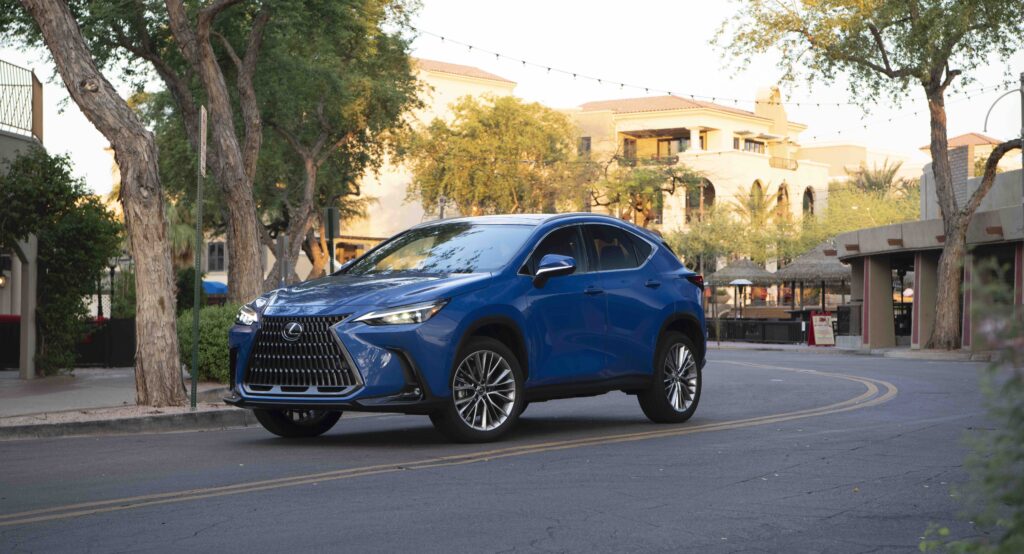PHEV vs Hybrid: Differences, Similarities, and Incentives

For those not fully ready to commit to an EV, PHEVs (Plug-In Hybrid Electric Vehicles) or hybrids are a great in-between option. While both typically have better city MPG, PHEVs and hybrids offer vastly different experiences. In this blog post, we’ll define those differences to help you better understand the differences, similarities, and incentives of PHEV vs hybrid.
How Do PHEVs Work?
PHEV (Plug-In Hybrid Electric Vehicles) includes an internal combustion engine and an electric motor with a rechargeable battery. While you don’t necessarily have to plug-in your PHEV, it enhances the MPG greatly, with all-electric driving, plus gas or diesel when you need it. Once the battery is full, you can choose whichever mode fits your needs. With electric-mode, you get between 20 – 50 miles of electric-only driving. Hybrid mode uses the most efficient way to use the battery and engine. Combustion mode is good for long-distance drives, towing, or when the battery’s depleted.
How Do Hybrid Cars Work?
Hybrids (HEVs) include both a gas engine and an electric motor which rely on a battery. The battery is charged by the gas engine and through regenerative braking. No plug-in charging required.
What are the Similarities Between a PHEV and a Hybrid?
Both use a combination of internal combustion engines and an electric motor. They both also use regenerative braking to capture kinetic energy and convert it into electrical energy. This energy is then used to help charge the battery. This design allows PHEVs and hybrids to have better city MPG where traffic includes more stop-and-go driving.
What’s the Difference Between a PHEV and a Hybrid?
A PHEV comes with a larger battery. A PHEV is 10-20 times larger than a hybrid’s battery. This means a PHEV allows for fully electric driving and offers more flexibility than a hybrid but requires plug-in charging to make full use of the battery. How many miles of electric driving depends on the PHEV’s battery size, weight, and configuration.
PHEV’s can be a pure EV about town and use gasoline-fueled hybrid power on longer weekend trips. Hybrid vehicles on the other hand usually have a lower price point compared to PHEVs.
Do PHEVs Qualify for the EV Tax Credit?
Yes, PHEVs can qualify for the 2024 EV Tax Credit. Conventional hybrid vehicles do not qualify for the federal tax credit.
The PHEV’s that qualify for up to $3,750 of the 2024 EV Tax Credit are:
- 2024 Audi Q5 PHEV 55 TFSI e-quattro
- 2024 Audi Q5 S Line 55 TFSI e-quattro
- 2024 Ford Escape PHEV
- 2024 Jeep Grand Cherokee PHEV 4xe
- 2024 Jeep Wrangler PHEV 4xe
- 2024 Lincoln Corsair Grand Touring
The PHEVs that qualify for the full 2024 EV Tax Credit of $7,500:
- 2024 Chrysler Pacifica PHEV
Other Manufacturers also provide their own version of rebates up to $7,500 to compete with qualified PHEVs – usually on Leases only. Some of these include:
- 2025 Audi Q5 PHEV.
- 2025 Volvo C40 Recharge EV, XC40 Recharge EV, XC60 Recharge PHEV, and XC90 Recharge PHEV
- 2024/5 Land Rover Range Rover Sport and full-size Range Rover PHEVs.
- 2025 Porsche Cayenne E-Hybrid models, Panamera E-Hybrid models
Leasing a PHEV may be more cost-effective thanks to this leasing loophole most automakers qualify for. Leased clean vehicles qualify for a commercial clean vehicle credit. Most automakers pass on these savings as a rebate on the down payment. It also doesn’t have the same income requirements as the EV Tax Credit does.
See How Easy Getting a New Car Can Be
Designed to put you first, getting a new car through Cartelligent is an enjoyable effortless experience. We do all the work for you. From research, comparisons, and negotiations, our process saves you time and money.
Think of us as a personal shopper, advisor, and advocate all rolled into one. We ensure you’re getting your dream car at the right price without the hassle of a dealership.
Schedule a free consultation today to see how much time and money we can save you.



